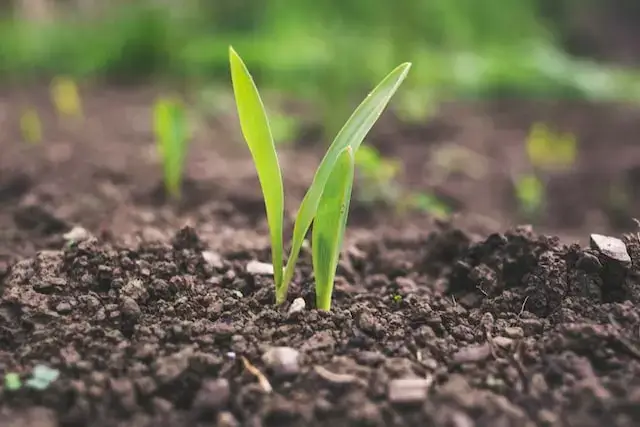Organic farming is a process of cultivating crops, vegetables, fruits, and others. It requires well-nourished soil conditions and ecological balance in the environment. Organic cultivation generally relies on local climate and ecological conditions rather than implying any artificial inputs like chemical fertilizers or pesticides.
The use of artificial chemical-based fertilizers or pesticides can lay down devastating effects on the environment. Organic farming is a combination of science and tradition. It also brews innovations and leads to good quality food products. Implementing organic farming techniques also benefits the ecosystem and helps in depolluting nature.
Chemical-infused eatables are turning out to be a leading cause of rising health issues like diabetes, food poisoning, and even cancer. On the other hand, organic farming comes in handy as it offers healthy products, yet there are a few negative aspects of these farming methods.
Let’s discuss some of the cons and pros of organic farming.
Pros of Organic Farming
Organic farming is seemingly accepted worldwide. There has been a rapid surge in demand for organic products, enticing many farmers to switch to organic farming rapidly. Here are some of the most known pros of organic farming.
Zero use of chemicals to restrain pest attacks and plant diseases
Organic farmers imply using natural chemical-free pesticides. It results in the elimination of spraying any synthetic products on sowed plants to improve the productivity of the crops. The organic farming technique involves using natural fertilizers to nourish the soil and not synthetic enhancers to maximize the final yield.
Propagates healthier Soil & Pollinators
One of the major advantages of organic farming is that it naturally boosts soil health and pollinators. The use of chemical-based products for better crop yield is among the leading issues for repelling pollinating agents like birds, bees, and butterflies. Major culprits for repelling pollinators include chemicals like Glyphosate and neonicotinoids.
Organic farming does boost pollination in crops as it does not harm bees and birds. Additionally, the organic farming process also boosts antioxidants, omega 3, and vitamin E which improve the quality and health of the final product.
Free from Genetically Modified Food Items
Interestingly, organic farming eliminates the scope of using genetically modified food. Organic farmers use natural seeds for cultivation on the other hand traditional farmers use genetically modified seeds to increase the yield unnaturally.
Safe for Farmer’s Health
Organic farming is useful not only for the health of the soil, food products, and final consumers, but it is also safe for farmers who work on their farms. In the presence of harmful chemicals, farmers can suffer from various diseases. Luckily organic farming does not involve any chemical use; it helps keep farmers’ life safe while working in their fields on daily basis.
Natural Fertilizers Enrich The Environment
One of the important aspects of the agriculture process is soil health. Good soil quality helps in producing nutrition-rich food, but due to extensive farming on the same land, the soil quality eventually depletes. Traditional farmers use chemical-based fertilizers which rapidly recharge the soil health but it also pollutes the land with harmful chemicals which are unsafe for human health.
In organic farming, no synthetic chemicals are put to use for farming, so farmers use biofertilizers to recharge the soil health. Such fertilizers are composed of cow dunk, kitchen waste, and degraded plants. Such natural fertilizers offer plenty of nutrition to the soil and help improve its health gradually.
Organic farming is a better alternative for a sustainable future. It is safe and eco-friendly. It not only helps in producing healthy food products, but it also helps in reducing environmental pollution.

